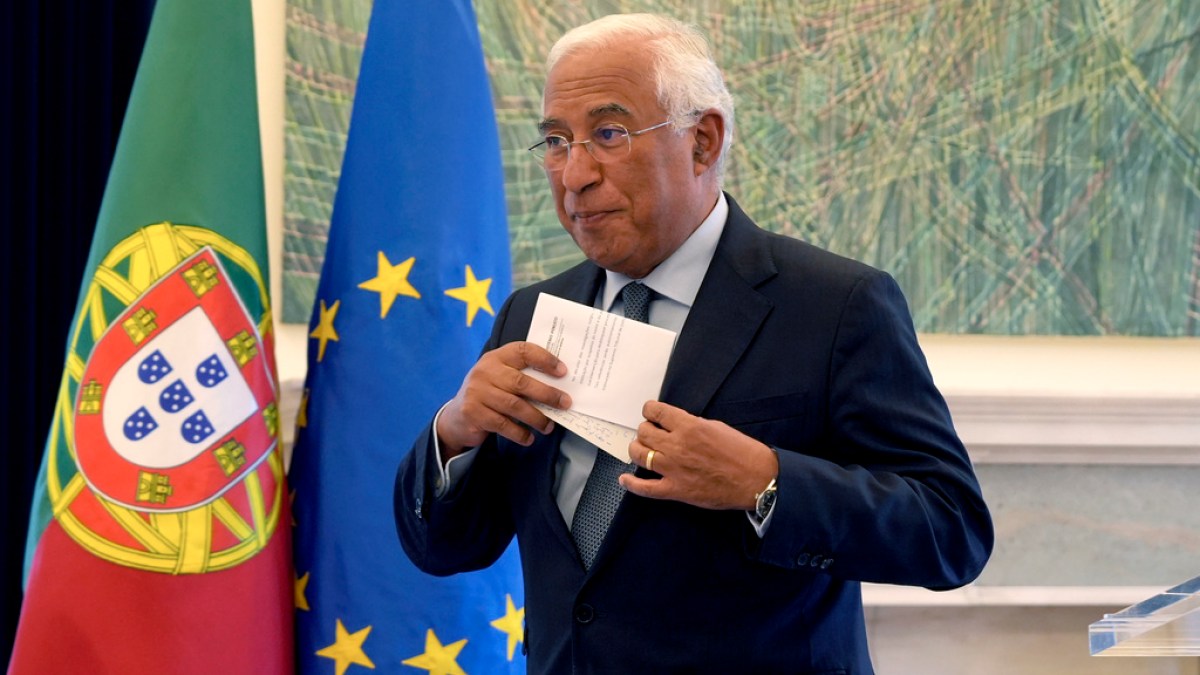Portugal’s president calls snap elections in March after PM resigns
Prime Minister Antonio Costa announced resignation after chief of staff was arrested amid corruption probe.
Portugal’s President Marcelo Rebelo de Sousa has dissolved parliament and called snap elections, two days after the country’s prime minister resigned amid a continuing corruption investigation.
Rebelo de Sousa said on Thursday that the country would hold snap elections on March 10, the second in as many years.
“I have chosen to dissolve the Assembly of the Republic and hold elections on March 10,” he said in a televised address.
The announcement comes after Socialist Prime Minister Antonio Costa offered his resignation on Tuesday, following the arrest of his chief of staff as part of an anticorruption investigation that includes allegations of malfeasance and influence peddling.
The 62-year-old Costa, who first took power in 2015, denied any wrongdoing but said that he could no longer continue in his role. Prosecutors have said that he is the subject of a separate investigation.
The state prosecutor’s office has said that the country’s Supreme Court is looking at the “use of the prime minister’s name and his involvement to unlock” the activities being investigated.
“I totally trust the justice system,” Costa said on Tuesday. “If there are suspicions, then the judicial authorities are free to look into them … I am not above the law.”
By law, an election must take place within 60 days of the issuing of a presidential decree dissolving parliament.
Rebelo de Sousa had said that he would only disband parliament, where the Socialist Party holds a majority of seats, after a vote on the budget for 2024.
That budget, which includes tax cuts for the middle class, spending on social programmes for the poor, and a 24 percent increase in public spending amid flagging economic growth, was passed by the house on October 31. It must be finally approved by November 29.
After meeting with the main political parties on Wednesday and the Council of State, a consultative body, on Thursday, the president said that allowing lawmakers time to pass the budget will help “meet the expectations of many Portuguese”.
The corruption probe is focused on allegations of improper behaviour around the development of lithium mining and hydrogen projects in the country, and Costa’s chief of staff, Vitor Escaria, was arrested on Tuesday as police conducted raids on several public buildings and additional properties.
Prosecutors also named Infrastructure Minister Joao Galamba as a formal suspect, and issued arrest warrants for the mayor of the town of Sines, where some of the projects were to be located, and two executives at the company Start Campus, tasked with building the hydrogen production project and data centre.




